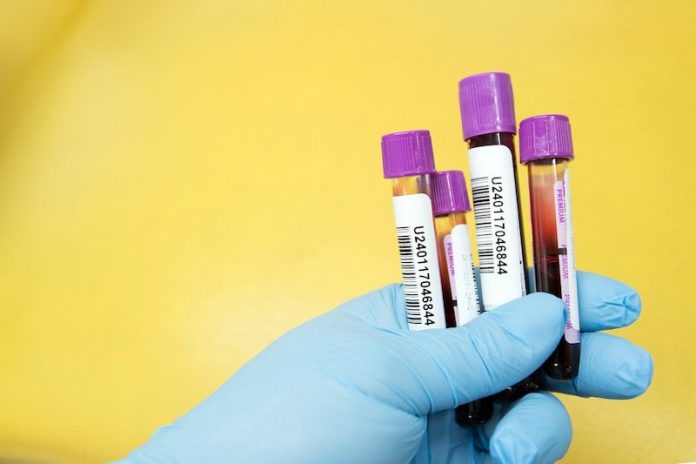
The body’s so-called good cholesterol may be even better than we realize.
In a recent study published in Science, researchers found that one type of high-density lipoprotein (HDL) has a previously unknown role in protecting the liver from injury.
This HDL protects the liver by blocking inflammatory signals produced by common gut bacteria.
The study is from Washington University in St. Louis. One author is Gwendalyn J. Randolph, Ph.D.
HDL is mostly known for mopping up cholesterol in the body and delivering it to the liver for disposal.
But in the study, the researchers found a special type of HDL called HDL3 that, when produced by the intestine, blocks gut bacterial signals that cause liver inflammation.
If not blocked, these bacterial signals travel from the intestine to the liver, where they activate immune cells that trigger an inflammatory state, which leads to liver damage.
The study suggests that raising levels of this specific type of HDL, and specifically raising it in the intestine, may hold promise for protecting against liver disease, which, like heart disease, also is a major chronic health problem.
Any sort of intestinal damage can impact how gut microbes affect the body.
Such microbes produce an inflammatory molecule that can travel to the liver via the portal vein.
The portal vein is the major vessel that supplies blood to the liver, and it carries most nutrients to the liver after food is absorbed in the intestine.
Substances from gut microbes may travel along with nutrients from food to activate immune cells that trigger inflammation.
In this way, elements of the gut microbiome may drive liver disease, including fatty liver disease and liver fibrosis, in which the liver develops scar tissue.
In the study, the researchers showed that HDL3 from the intestine protects the liver from inflammation in mice.
They showed that liver injury is worse when HDL3 from the intestine is reduced, such as from surgical removal of a portion of the intestine.
The researchers further showed that the same protective molecular complexes were present in human blood samples, suggesting a similar mechanism is present in people.
They also used a drug compound to increase HDL3 in the intestines of mice and found it to be protective against different types of liver injury.
This finding reveals new possibilities for treating or preventing liver disease, whether it stems from damage to the intestine caused by high-fat diets, alcohol overuse or physical injury, such as from surgery.
If you care about liver health, please read studies about new drug may prevent liver damage, obesity caused by high-fat diet and findings of green tea combined with exercise may help treat fatty liver disease.
For more information about liver disease, please see recent studies about why it is hard for people with fatty liver disease to lose weight and results showing that this stuff in vegetables may help fight fatty liver disease.
Copyright © 2021 Knowridge Science Report. All rights reserved.



